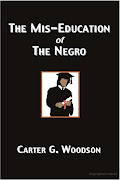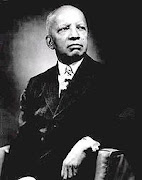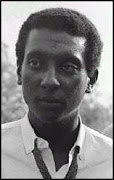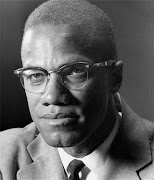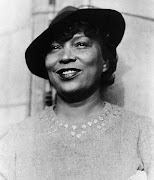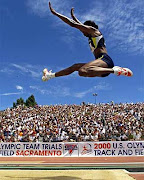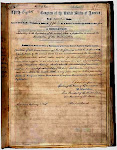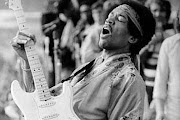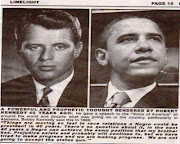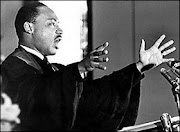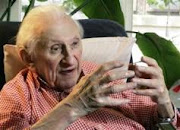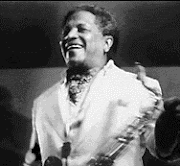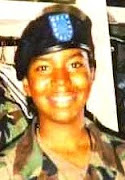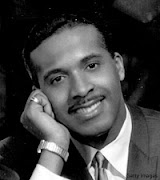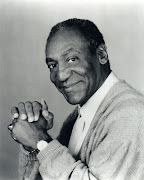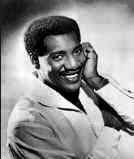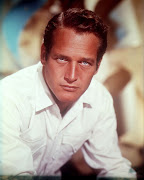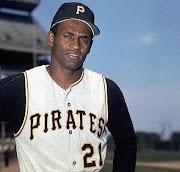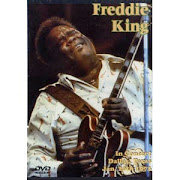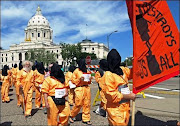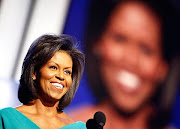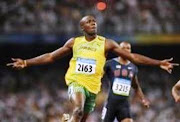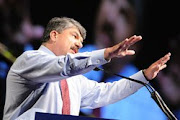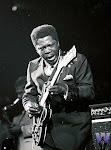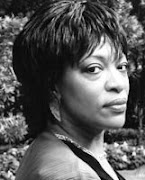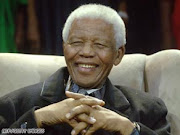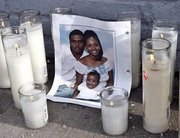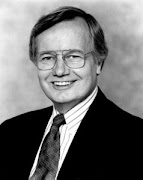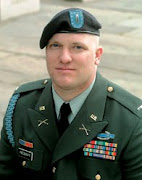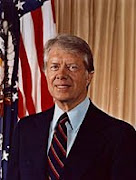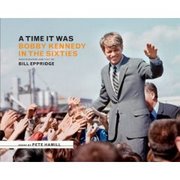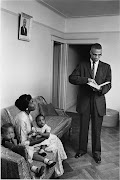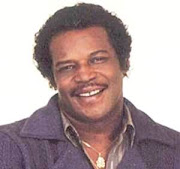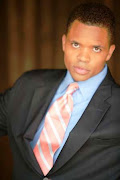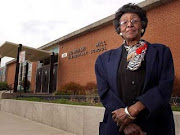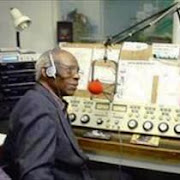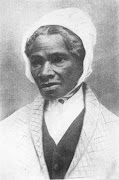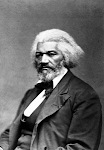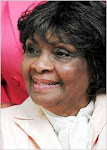
 Listen up. This is serious, as serious as serious gets. This is hot, rapid-fire stress atop the harrowing, heart-pounding frenzy of war. These are words that shoot to the heart and remain as a deep, painful wound over a lifetime. These are taunts; This is intimidation; These are sexual assaults; these are attempted rapes; These are rapes; and these are murders to cover up assaults and rapes by "good ole boys" masquerading as men, by fellow soldiers turned monsters, knowing that hurting, maiming, even killing our mothers, sisters and daughters probably will never be reported, and if so, will get them little more than a slap on the wrist. This is the shame of the U.S. military.The daddy was over at the blog The Intersection of Madness and Reality, where brotha Rippa hits it with a vengeance every day. In a recent post, Rippa says he is against women serving in the military. Yeah: it sounds sexist. Yeah: in a free and democratic society, women should have the same option to serve their country as men. Like men, they should "be all they can be." Ugh huh.
Listen up. This is serious, as serious as serious gets. This is hot, rapid-fire stress atop the harrowing, heart-pounding frenzy of war. These are words that shoot to the heart and remain as a deep, painful wound over a lifetime. These are taunts; This is intimidation; These are sexual assaults; these are attempted rapes; These are rapes; and these are murders to cover up assaults and rapes by "good ole boys" masquerading as men, by fellow soldiers turned monsters, knowing that hurting, maiming, even killing our mothers, sisters and daughters probably will never be reported, and if so, will get them little more than a slap on the wrist. This is the shame of the U.S. military.The daddy was over at the blog The Intersection of Madness and Reality, where brotha Rippa hits it with a vengeance every day. In a recent post, Rippa says he is against women serving in the military. Yeah: it sounds sexist. Yeah: in a free and democratic society, women should have the same option to serve their country as men. Like men, they should "be all they can be." Ugh huh.
Well, Rippa is against women going into the military as it is presently constituted and cultured, and so is the daddy-- and for the same reason: The way the military treats women who have been , harassed, sexually assaulted, raped or killed by our soldiers is a low-down, murdering shame. In fact, it's the shame of our military. A recent report found that 70% of women in the military are assaulted and 90% of assaults go unreported.
But here's another reason the daddy is against women going into the military: These crimes and further crimes to cover it up have been going on forever, it seems, and the military has done little to stop them. Yeah, they say they provide "sensitivity" training for men. But you know what? They don't say they are not doing the main thing they should do; prosecute to the hilt the soldiers who commit these crimes. Check it out for yourself and you'll find that, for the most part, the military brass either looks the other way or slaps these slimy, arrogant criminals on the wrist.
These guys, these criminals, know this. They know that, first, the crime will probably not be reported and, second, if reported, they will get little more than a demotion or a transfer. He doesn't know about you, but here's what the daddy is going to do:
1. Get the facts;2. Find out who the people are on committees that are looking into these crimes;
3.Write to them;4. Blog about them, promoting those who do something, criticizing those who continue to do nothing; and5.
Write to the Obama administration (I've written them before and they've always responded).We can't take this sitting down. The daddy is ashamed of the U.S. military. What about you? Meanwhile, here is an article from BBC news where military women speak for themselves about the horrific nature of these crimes within one of our most important institutions, women who had to fight two wars: one against men shooting bullets at them and another against "men" seeking to sexually assault or rape them.
---------------------------------------------------------------------------------
Women at war face sexual violence
 Over 206,000 US women have served in the Middle East since March 2003 |
In her new book, The Lonely Soldier: The Private War of Women Serving in Iraq, Helen Benedict examines the experience of female soldiers serving in the US military in Iraq and elsewhere.
Here, in an article adapted from her book, she outlines the threat of sexual violence that women face from their fellow soldiers while on the frontline, and provides testimony from three of the women she interviewed for her book.
More American women have fought and died in Iraq than in any war since World War II.
Over 206,000 have served in the Middle East since March 2003, most of them in Iraq. Some 600 have been wounded, and 104 have died.
Yet, even as their numbers increase, women soldiers are painfully alone.
In Iraq, women still only make up one in 10 troops, and because they are not evenly distributed, they often serve in a platoon with few other women or none at all.
This isolation, along with the military's traditional and deep-seated hostility towards women, can cause problems that many female soldiers find as hard to cope with as war itself - degradation and sexual persecution by their comrades, and loneliness instead of the camaraderie that every soldier depends on for comfort and survival.
Between 2006 and 2008, some 40 women who served in the Iraq War spoke to me of their experiences at war. Twenty-eight of them had been sexually harassed, assaulted or raped while serving.
They were not exceptions. According to several studies of the US military funded by the Department of Veteran Affairs, 30% of military women are raped while serving, 71% are sexually assaulted, and 90% are sexually harassed.
The Department of Defense acknowledges the problem, estimating in its 2009 annual report on sexual assault (issued last month) that some 90% of military sexual assaults are never reported.
The department claims that since 2005, its updated rape reporting options have created a "climate of confidentiality" that allows women to report without fear of being disbelieved, blamed, or punished, but the fact remains that most of the cases I describe in my book happened after the reforms of 2005.
CHANTELLE HENNEBERRY
Army specialist Chantelle Henneberry served in Iraq from 2005-6, with the 172nd Stryker Brigade out of Alaska.
 I was the only female in my platoon of 50 to 60 men. I was also the youngest, 17.
I was the only female in my platoon of 50 to 60 men. I was also the youngest, 17.
Because I was the only female, men would forget in front of me and say these terrible derogatory things about women all the time.
I had to hear these things every day. I'd have to say 'Hey!' Then they'd look at me, all surprised, and say, 'Oh we don't mean you.'
One of the guys I thought was my friend tried to rape me. Two of my sergeants wouldn't stop making passes at me.
Everybody's supposed to have a battle buddy in the army, and females are supposed to have one to go to the latrines with, or to the showers - that's so you don't get raped by one of the men on your own side.
But because I was the only female there, I didn't have a battle buddy. My battle buddy was my gun and my knife.
During my first few months in Iraq, my sergeant assaulted and harassed me so much I couldn't take it any more. So I decided to report him.
But when I turned him in, they said, 'The one common factor in all these problems is you. Don't see this as a punishment, but we're going to have you transferred.'
Then that same sergeant was promoted right away. I didn't get my promotion for six months.
They transferred me from Mosul to Rawah. There were over 1,500 men in the camp and less than 18 women, so it wasn't any better there than the first platoon I was in. I was fresh meat to the hungry men there.
I was less scared of the mortar rounds that came in every day than I was of the men who shared my food.
I never would drink late in the day, even though it was so hot, because the Port-a-Johns were so far away it was dangerous.
So I'd go for 16 hours in 140-degree heat and not drink. I just ate Skittles to keep my mouth from being too dry.
I collapsed from dehydration so often I have IV track lines from all the times they had to re-hydrate me.

MICKIELA MONTOYA
Army specialist Mickiela Montoya served in Iraq for 11 months from 2005-6, with the California National Guard. She was 19 years old.
 The whole time I was in Iraq I was in a daze the whole time I was there 'cause I worked nights and I was shot at every night.
The whole time I was in Iraq I was in a daze the whole time I was there 'cause I worked nights and I was shot at every night.
Mortars were coming in - and mortars is death! When they say only men are allowed on the front lines, that's the biggest crock of shit! I was a gunner! But when I say I was in the war, nobody listens. Nobody believes I was a soldier. And you know why? Because I'm a female.
There are only three things the guys let you be if you're a girl in the military - a bitch, a ho, or a dyke. You're a bitch if you won't sleep with them. A ho if you've even got one boyfriend. A dyke if they don't like you. So you can't win.
A lot of the men didn't want us there. One guy told me the military sends women soldiers over to give the guys eye-candy to keep them sane.
He told me in Vietnam they had prostitutes, but they don't have those in Iraq, so they have women soldiers instead.
At the end of my shift one night, I was walking back to my trailer with this guy who was supposed to be my battle buddy when he said: 'You know, if I was to rape you right now nobody could hear you scream, nobody would see you. What would you do?'
'I'd stab you.'
'You don't have a knife,' he said to me.
'Oh yes I do.'
Actually I didn't have one, but after that, I always carried one.
I practiced how to take it out of my pocket and swing it out fast. But I wasn't carrying the knife for the enemy, I was carrying it for the guys on my own side.

MARTI RIBEIRO
Air Force Sergeant Marti Ribeiro was assaulted by a fellow serviceman while she was on duty in Afghanistan in 2006.
 It's taken me more than a year to realise that it wasn't my fault, so I didn't tell anyone about it.
It's taken me more than a year to realise that it wasn't my fault, so I didn't tell anyone about it.
The military has a way of making females believe they brought this upon themselves. That's wrong.
There's an unwritten code of silence when it comes to sexual assault in the military.
But if this happened to me and nobody knew about it, I know it's happening to other females as well.
Adapted from The Lonely Soldier: The Private War of Women Serving in Iraq by Helen Benedict, just released from Beacon Press.
 Listen up. The daddy is
Listen up. The daddy is 





















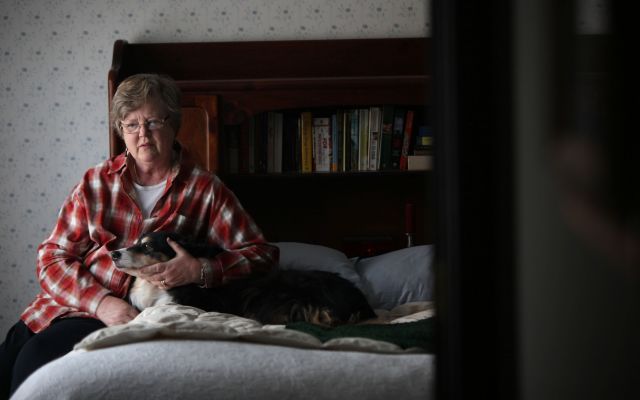
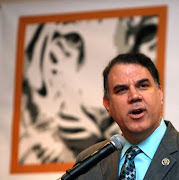
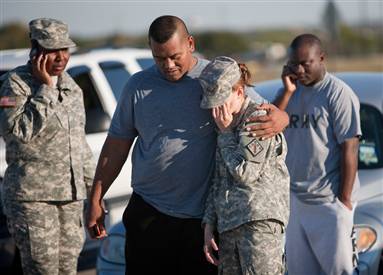

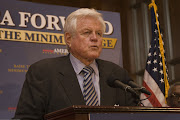
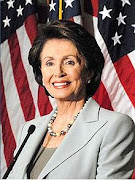

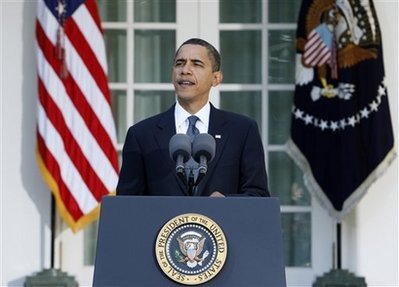



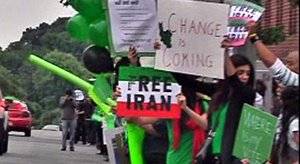

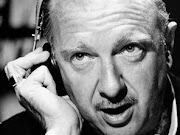
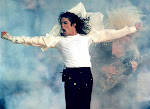
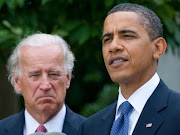
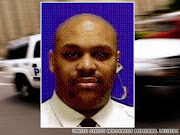
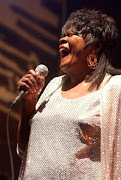
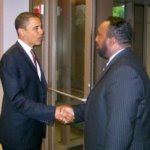

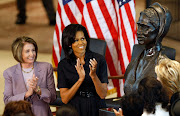
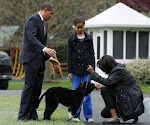

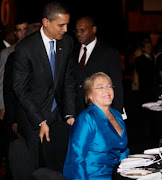


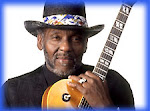
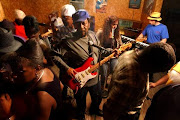

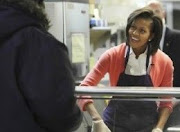

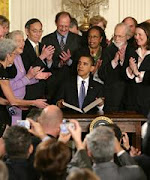
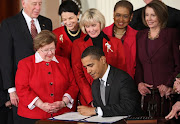


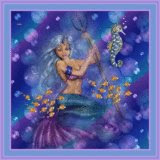



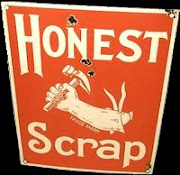





.gif)


